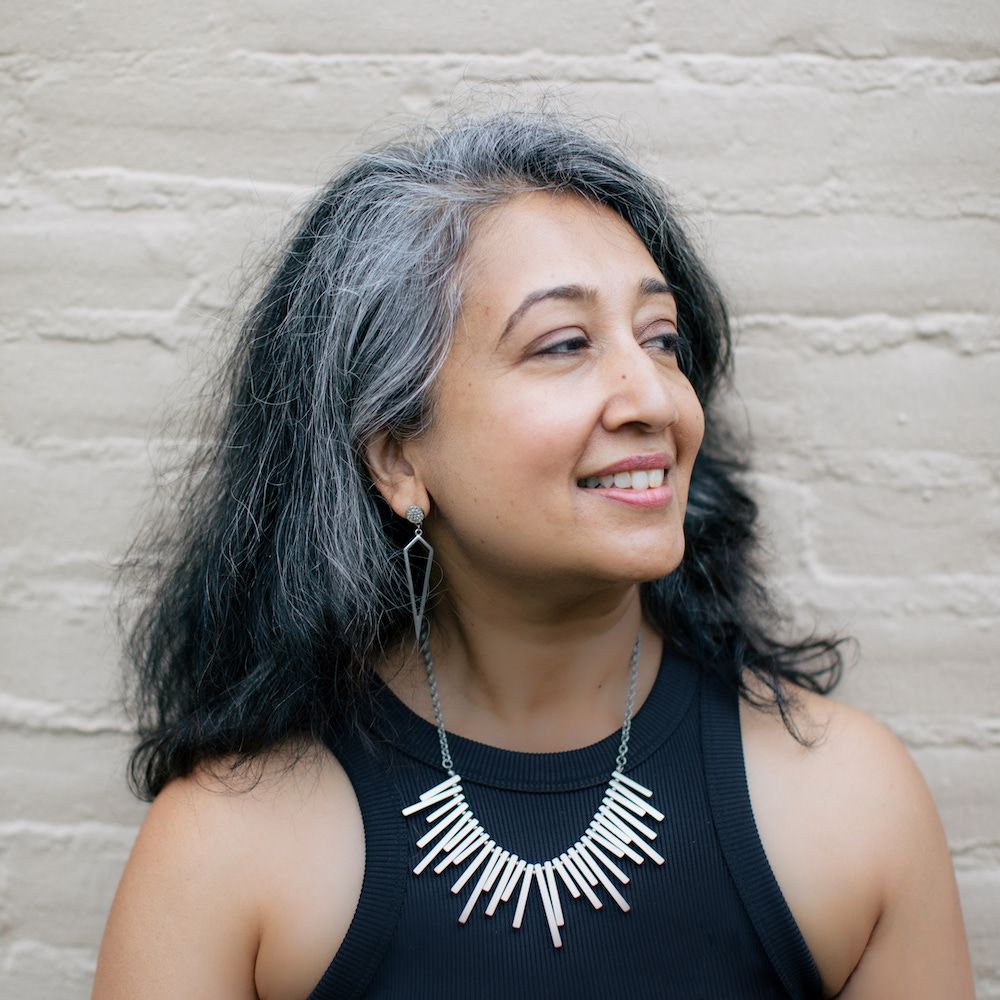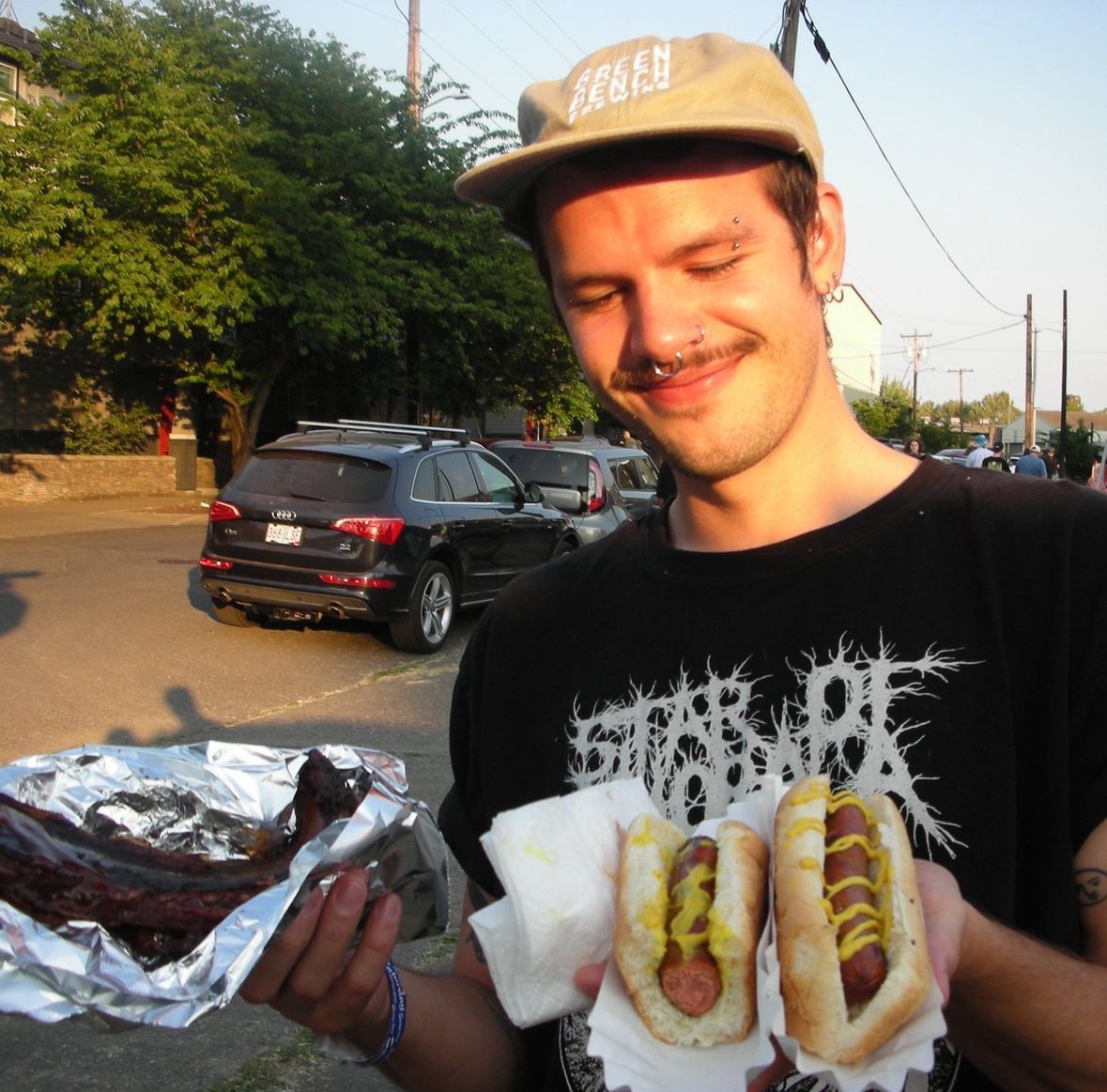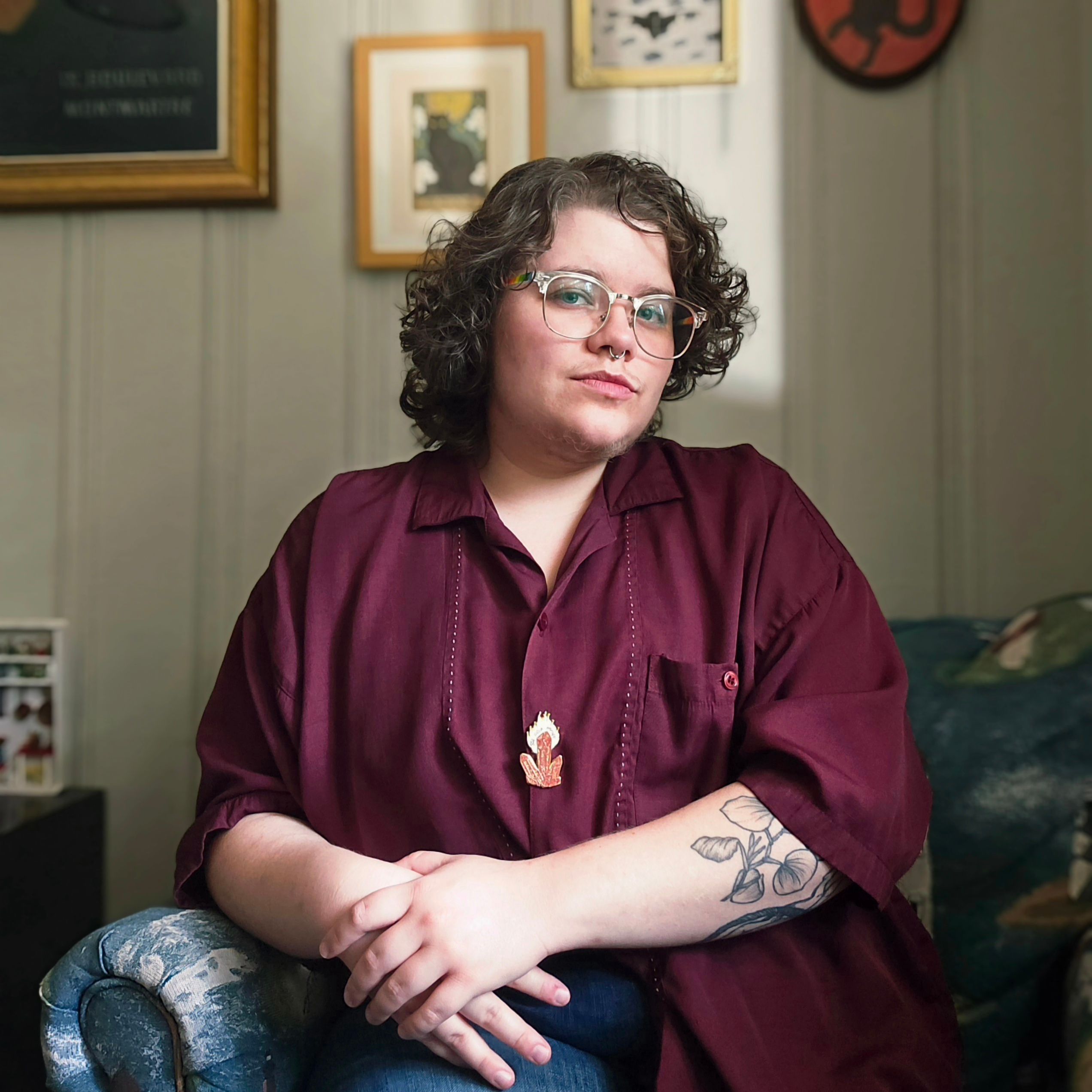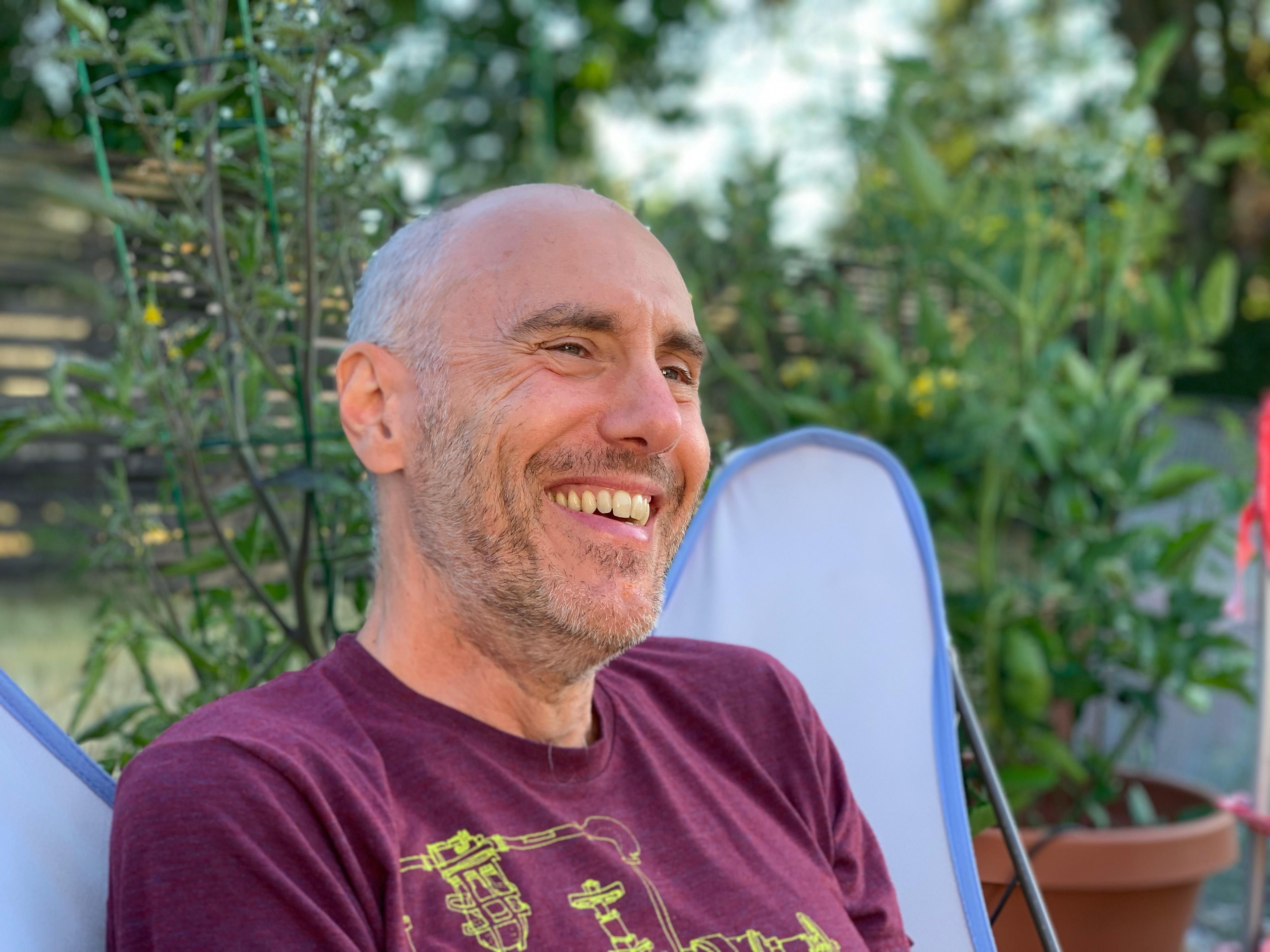Back in 2011, I contacted Christina Thompson about an interview for her recently-published book, Come on Shore and We Will Kill and Eat You All. We struck up a friendship and in one of her generous-hearted and spirited emails soon after, she suggested I consider a low-residency MFA in Writing. It would be another five years before I took her advice but I’m deeply grateful to her for sowing the seed of the idea. It was a typical moment of kindness, representative of her willingness to extend herself into someone else’s viewpoint.
Christina Thompson is editor of the Harvard Review. She teaches writing at Harvard Extension School and is the author of two books: Come on Shore and We Will Kill and Eat You All: A New Zealand Story, and recently, Sea People: The Puzzle of Polynesia, a triple award-winner which the Boston Globe says has the page-turning qualities of an all-absorbing mystery.
My friend and podcast co-host Pat Dunn and I spoke with Christina for our podcast “Go Ahead, Write Something.” This conversation includes how one might get published in the Harvard Review, and gives a sense of Christina Thompson’s interests. It includes some characteristically encouraging points about not being discouraged by rejection, and also covers her book Sea People. Below is an edited version of our conversation.
A Conversation on Craft with Harvard Review's Editor, Christina Thompson
A Conversation on Craft with Harvard Review's Editor, Christina Thompson
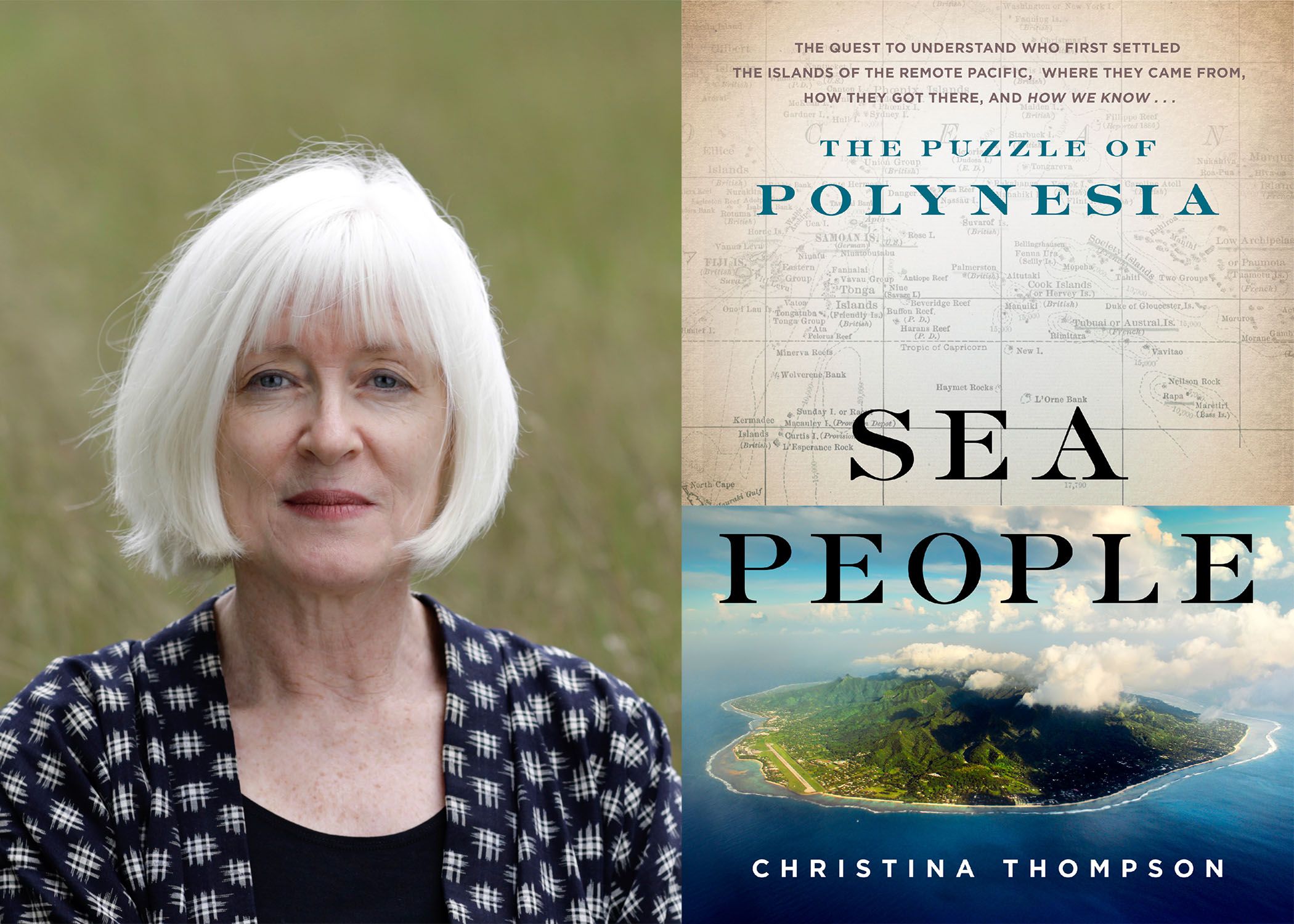
Tessa Smith McGovern: Let’s first talk about Harvard Review for writers who are working on short stories, memoirs, poems, essays. What kind of submissions do you look for? Is there anything you don't get enough of?
Christina Thompson: We get a lot of everything. It's not a very easy journal to get into, because we only publish twice a year and so there aren't that many spots. We also publish online and that expands the opportunity quite a lot, especially for fiction writers: we publish four to six stories per print issue; we publish stories of all lengths and by all kinds of writers at all stages of their careers. We love to debut authors; in fact we have a story in the upcoming issue by a young writer who has never published anything before, so that's totally exciting for us, and we also like to have work by very well-known writers.
In terms of essays, we really like a personal essay; we do publish some literary criticism. I have one personal essay coming up about the golden records on the 1977 Voyager spacecraft, the ones that were made to tell space aliens what people on Earth sounded like and what they thought about.
TSM: You have a great Facebook page as well as the Harvard Review online where people can sample content. The stories are very accessible and readable, not at all dense or obscure. There's one in particular I wanted to ask you about, “New Arrivals” by Will Powers. It’s about 3,000 words and kind of reads like memoir and I found it delightful but it doesn't jump out at you the way, for example, “The John from Jongmyo Park” by Guava Yun does. What made you say yes to “New Arrivals?”
CT: There is a kind of story I like in which not much happens. I had an example of this by a writer from New Hampshire who wrote a story in which she went to pick up her elderly father and then she drove him to the hardware store and then they went home. What was compelling about it to me was the relationship between the woman and her father. It was set in Maine or New Hampshire and he had a kind of cantankerous Yankee quality, very unwilling to say anything, and she was slightly exasperated with him and at the same time fond of him and caring for him in an interesting way. There was this tension in their relationship which was both a kind of loyalty and familial feeling and also a sort of irritation. It rang incredibly true to me of a capture of a very specific experience. He was a very specific character culturally and I love stories like that, where somebody captures something about the world that they know, the world that they come from – any world, any part of the world, any culture.
There are stories where what is going on is not primarily plot or action. I'm very committed to action; I believe action is very important to stories. But in this case, the action tended to be in the dialogue between the characters. There wasn't anything else going on or any suspense except that you would want to see how this relationship unfolded.
That's not the only kind of thing I like but I do think it's a subtle kind of a story I am drawn to in addition to the stories where dramatic or radical actions are taking place. I know quickly whether I will read to the end and that is a function of the actual writing. Now we're talking about a slightly different thing: not the structure of the story or the characters or the plot or the action, but the actual prose; the prose for me is the make-or-break part of editing or reading as an editor. If I read the first page or two and I feel that the prose doesn't have the feeling of intentionality or doesn't feel to me as though the writer has really thought about the words, has really chosen the words that matter and been willing to cut the words that are not serving the purpose… A lot of novice writers don't cut enough.
We had an example in a class the other day, where a woman was talking about a “fresh-faced, long-legged model” and I said to her, “If you say the word ‘model’ to me, I know that she has long legs and a fresh face because it's already encoded in the word. The piling up of adjectives is a classic sort of beginner's problem or beginner's mistake and so thinking very seriously about your adjectives and adverbs is a very good place to start; you just don't need most of them. You want strong verbs, strong nouns, and then a little bit of amplification with those other words. What I ask myself when I'm writing is, ‘Does it have too many clauses?’ because my tendency is to write a very backward-ish sentence with clauses in the beginning. I think it's because I was raised by somebody who was born in the beginning of the 20th century and she was raised by her grandmother so we had a very antique-y syntax that was very normal for us. Everybody has their own little version of this so whatever it is you do, you’ve got to go back and trim it, go back and clean it up.
I can tell when someone has not done that. If I start to read a page and I see that the sentences are what we call “baggy,” meaning they have words that they don't need or the ear isn't good, the person hasn't read them aloud. You must always read your sentences aloud in order to hear them because they have a music and rhythm to them. I noticed recently that one of my young writers was using the same words; he would say “somebody looks” and “something was looking like” in too close proximity so you have to change one of those. It made me think that he hadn't been really hearing his own sentences quite as clearly as he should have. Sometimes younger writers haven't thought hard enough about how to describe a thing, how to really evoke a sensation or how to describe a thing you see or hear so you have to work at that stuff.
Pat Dunn: Do you see social media and texting having a big influence? Everybody's using “LOL” or other abbreviations.
CT: I noticed this just recently because I've had a couple of stories by quite young writers through a copy editor who was a real pro and had fairly formal copy-editing training in the publishing world and she found their writing to be slightly irritating because it had a level of informality related to speech. Even their expository prose was a little speech-like and it was grammatically sometimes a little incorrect.
I didn't mind that. I just heard the sound of their writing as a particular sound coming out of a particular kind of milieu. I know they're young writers so I think there is a level of informality that is slightly different and this is generational. Whether that has anything to do with texting or not, it might be a general culture of writing that is changing somewhat.
TSM: That's actually a perfect segue to the next topic, which is to do with your personal stories. What drew your focus to Polynesia; why is this material important to you?
CT: I am from New England; I grew up here and I live here now. In my young adulthood, I went off to graduate school in Australia; I went to the Pacific myself before I knew anything about it and then I ended up staying there for quite a long time, 15 years in Australia and in the course of that time, I went to New Zealand, to the islands, and to a lot of places. I also married a man from New Zealand to whom I'm still married so I had a lot of first-hand experience of the region and I also at the same time was doing graduate work focused on the history and literature of the region. It was my personal experience originally as a youngish person that got me started in this field.
TSM: Tell us what Sea People is about.
CT: It's a book about the story of how the big, empty middle of the Pacific Ocean was settled a thousand to two thousand years ago by voyagers who came from Asia in canoes, the ancestors of the Polynesian people – Hawaiians, Tahitians, Maori in New Zealand, Easter Islanders, and so on. Samoans and Tongans are also in this category and they're one big kind of cultural family and they haven't been out there that long. The point of the whole thing is that until they got there, that part of the world had never seen humans before; no people were ever able to reach that part of the world. This is not that long ago, this is a time when people were already living in the jungle, on the ice, in the highest mountains, in the deserts – in every kind of part, every environment of the Earth, but not on the islands in the middle of the Pacific because they are so hard to reach. So the first people to figure out how to do that is this group of people and then once they figured it out, they were out there for a long time before anybody else turned up and then the story changes again. When I started thinking about writing that story, I thought I’d tell the story of these great voyagers and then I started thinking, “How do I know the story of these great voyagers?” and I started thinking, “It's the story of the evidence; that's the story, because we aren't there, we can't look back in time, there are no written records from that time so what is the evidence for how this happened?” There have been a lot of arguments about it over the last 300 years so it was an interesting subject because people had been fighting about it and disagreeing with one another.
PD: You've done a lot of research for this book. There’s this idea about fiction – and I find this with my students – that if it's not historical fiction, they don't need to do the same amount of research. Can you talk about the kind of research that you believe needs to go into the work that people do, even with fiction?
CT: Whenever you don't know what you're doing, you should just read. I think people should read quite promiscuously. At the moment, I'm reading a book on the Reformation, I'm reading a novel about missionaries, I'm reading a whole bunch of historical works about the history of writing, I'm reading a book about DNA in the Americas. I feel like it's just brain food, it's what you do to keep yourself thinking. At the moment, I'm trying to find the connections between a number of different strands that interest me, trying to tie them all together, and I'm following each one of them separately and thinking about the connections. On Twitter, a friend of mine who's a novelist in the throes of writing a novel and who tweets about it a lot was talking about how he had just done so much research and was not going to use any of it. That's the game: you do a lot of reading and a lot of sourcing and a lot of research and then you don't use it all.
TSM: Tell us about your writing practice: how often, what time of day, any special tricks?
CT: I'm a bad model for anything like this. I’m a very irregular writer. I have a halftime job as an editor, I teach a lot of courses, I still have a family that needs stuff. I am pulled in a lot of directions so I write when I can and I don't beat myself up for not being able to do it every day because it just isn't realistic for me and I like to get chunks of time when I can really think about something.
I think the process is different depending on what stage you're at. When I'm starting a project, I don't really need the same level of intensity because I'm still reading a lot and thinking a lot and if I write in small chunks, it's kind of okay. There's a certain point where you need to stretch and you need to really have continuity and you have to sustain your attention and then I think it's very hard to be pulled in different directions. When I was finishing Sea People, I had a fellowship in which I wrote half the book in one year and the other half took me four years. With the first half, I didn't have to teach and edit and I really had time and I could knock it out so that was fantastic. I just want to say thank you to people who give fellowships to writers because it's really, really, really helpful so please keep doing it.
PD: Publication's hard and we know it's taken a whole different turn these days and there are more places to publish than ever and it's harder than ever in some ways. Is there any advice that you can give to writers as to how to get their work out into the world?
CT: It's quite important not to be overly disheartened by rejection. Rejection is a normal part of the process for everybody. I've just had seven grant applications rejected in sequence after I won a national prize in Australia and then in Australia I didn't get some of these things. I know it's a hard game so if you send something to Harvard Review and it doesn't get published, it doesn't really matter – just keep going. I think if you're serious and you really want to do it, you'll probably be able to but you have to try.
TSM: A lot of times, people will get letters that say, “We weren't interested in this piece but we really like your writing and we encourage you to send again.” Often I hear writers say, ”They don't really mean it” but do they really mean it?
CT: If they say that, they absolutely mean it because nobody encourages anybody whose work they don't want to see again.
Tessa Smith McGovern
Contributor
Tessa Smith McGovern’s linked short story collection, LONDON ROAD: LINKED STORIES, received a ‘Featured’ review from Kirkus and was a gold medal winner in the 2012 eLit Awards. Her non-fiction book, COCKTAILS FOR BOOK LOVERS (Sourcebooks), was published in 2014 and her publication credits include the Connecticut Review and Equinox, a UK poetry journal. She’s currently writing a contemporary fantasy novel inspired by British mythology. She’s founder of Bloom Writers’ Studio online and a talent scout for the Marilyn Allen Literary Agency. Bloom Writers’ Studio offers multiple PitchFests in person and online during the year when writers can pitch their books to top literary agents. Bloom Writers’ Studio has 10k+ likes on FB. And cohost of the podcast, ‘Go Ahead, Write Something’ for the Westport (Conn.) Library. Tessa is also host, writer, and producer of BookGirlTV (BGTV), an award-winning digital channel that offers author interviews, book reviews, and instruction for writers. BGTV has 2 million+ minutes viewed on YouTube.



